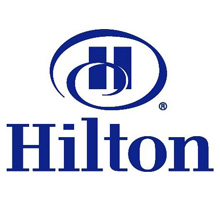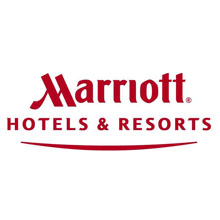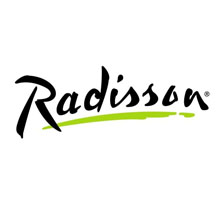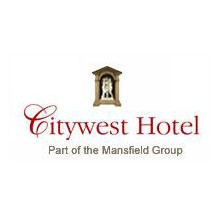Tips for Keeping Guests Happy During Hotel Renovation
Generally, all hotels go through some level of renovation every five to seven years to update the physical aspects of the asset in order to remain competitive–and to remain in compliance with required franchise brand standards, when applicable. How effectively management strategically plans for and executes an asset renovation program can have a significant impact on the hotel’s level of guest satisfaction and inconvenience, and on the hotel’s bottom line during the renovation process. Removing room inventory and access to public areas of a hotel during a renovation can cause both inconvenience and discomfort to the hotel’s guests – and also result in significant displaced revenue.
To mitigate the deleterious operational and financial effects of a renovation program, the following actions are essential in order to initiate a “painless as possible” renovation of a hotel – while concurrently minimizing the financial impact on the hotel’s bottom line.
1.Review franchise quality standards for required renovations that are provided by the various franchise brands for the renovation (when applicable).
2.Assess historical comments and input from the hotel’s guest base to hear from the customer what specific areas of the hotel operation may be obsolete or in need of modernization. Of particular interest should be areas of technology, such as Internet access and speed (bandwidth), televisions, radios and other amenities that have become front-of-mind to the technologically savvy traveler.
3.Clearly define the entire scope of the project, and receive input and approval from the franchise brand involved (if applicable).
4.Speak with other hotel operators and general managers that have recently completed a similar project to gain valuable input from their experience, and to assist in the planning and execution of the program
5.Based on the scope and magnitude of the renovation project, determine if the hotel needs to be closed in its entirety and reopened after the renovation, or if the renovation should occur while the asset continues to operate.
6.Based on the scope of the project, evaluate and strategize the optimum time of the year to perform the renovation in order to minimize both customer discomfort and revenue displacement.
7.Select a general contractor to oversee the project that has experience with the type of renovation that is to be undertaken. It is crucial to enlist a general contractor who understands the challenges of renovating a business that will continue to operate throughout the renovation process, and who also understands the need to work quietly and cleanly.
8.During the general contractor selection process, personally visit hotels the contracting firm has already renovated to evaluate the quality of workmanship, and discuss the firm’s on-time performance with the onsite management team.
9.Identify the architect, interior designer and purchasing agent for the project (as may be required by the scope).
10.In consultation with the general contractor, determine the timeline for the project, including scheduling the number of rooms that will be removed from inventory and the length of time the rooms must be taken from inventory, as well as the public areas that will be impacted during the renovation.
11.Prior to commencing the renovation, communicate early and often with the hotel’s guests, alerting them to the upcoming renovation and keeping them fully informed of the progress of the renovation as it occurs. This communication process is imperative for the in-house or long-term guests, as well as the businesses with which the hotel interacts.
12.Create a displaced revenue report that contains financial information capturing the negative impact on top-line revenues that have been displaced, both in the rooms department as well as in the food and beverage and meeting space areas. The revenue displacement reports are used to accurately explain to ownership the financial impact on the operation. These can also be used for future budgeting and planning purposes by providing accurate revenue comparison data.
13.At the conclusion of the renovation, use the appropriate media outlets to inform the public and all guests that the renovation is complete.
14.Renovating an operating business is a difficult but necessary aspect of the hotel industry. Through careful planning, coordination, communication and execution, a hotel can pass through a renovation process relatively unscathed, resulting in an improved facility offering an elevated level of customer satisfaction and competitiveness.
By Michael Goldstein, President & CEO, Packar Hospitality Group































